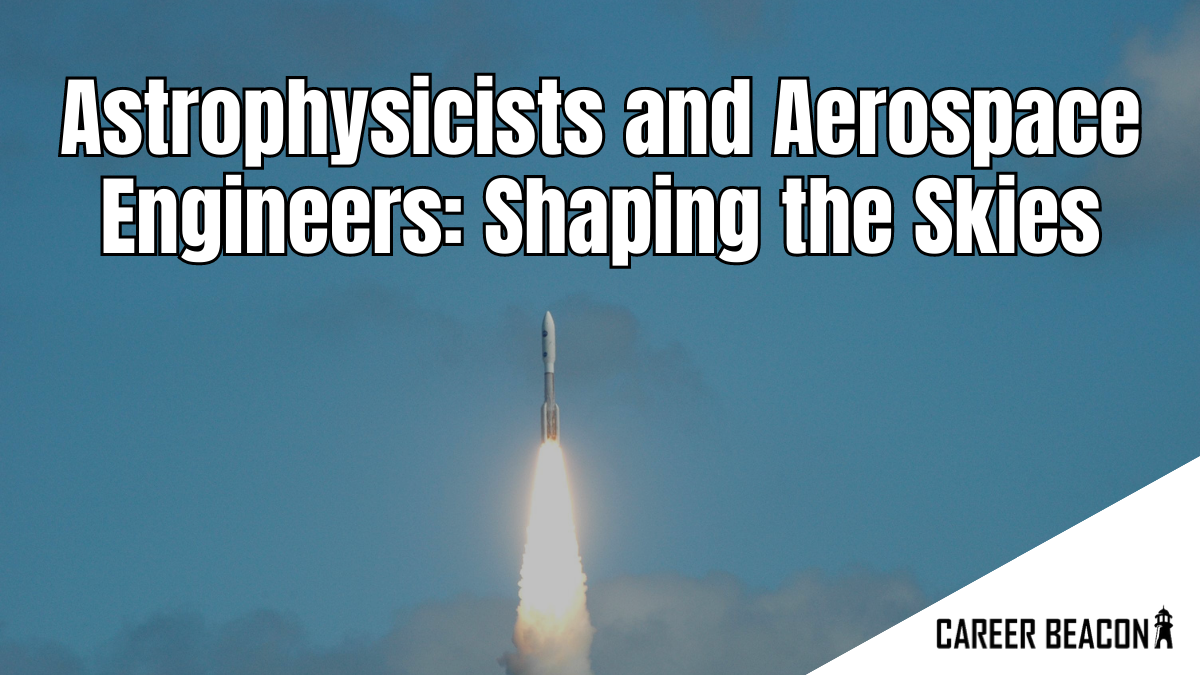
Astrophysicists and Aerospace Engineers: Shaping the Skies
The understanding of lunar geology is fundamental for astrophysicists, who seek to discover the moon’s composition, surface features and geological origins. Through analysis of its samples and data, they may also identify potential resources and make groundbreaking scientific discoveries.
Chandrayaan-3 seeks to explore the lunar geology and formation processes, look into the possible existence of water and resources, as well as investigate the moon’s magnetic field and its effects. The mission aims to gain meaningful insights that will help improve our knowledge of the moon.
Aerospace engineers have an essential role in the development of rockets and spacecraft. They are responsible for creating propulsion systems that are optimized, building structures and materials that can withstand the extreme environment of space, as well as creating accurate guidance and control systems for precise navigation.
Aerospace engineers need to consider weight, size, and cost when crafting a spacecraft design, as well as guarantee reliability and safety throughout the launch and mission. Moreover, they must also take into account the integration of sophisticated technology in combination with operational capability.
Career Path
To obtain a career as an astrophysicist or aerospace engineer, there are various paths available in India and abroad. Those interested in these fields must undertake the necessary steps to pursue their goal; this could include completing relevant qualifications or obtaining experience. Both professions demand a great deal of knowledge and effort, but the rewards for those who excel are immense.
Astrophysicists and aerospace engineers are essential to the world of space exploration and research. To pursue such careers in India or abroad, aspiring professionals should have an understanding of what it takes to become these experts. Here is an overview of the roles and requirements associated with these fields.
Astrophysicists
Education
Obtain a bachelor’s degree in physics, astronomy, or a related discipline. Further your studies by completing a master’s or PhD in astrophysics or a field pertinent to your specific interests. Make sure to gain hands-on practice via research projects and internships.
Specialization
Focus on a specific region of astrophysics, such as stellar astrophysics, cosmology, planetary science, or astrobiology. Engaging in research projects and publishing scientific papers, as well as attending conferences are great ways to contribute to the field.
Career Options
A career in academia can include being a professor or researcher at universities or research institutions, conducting research and sharing knowledge. Space agencies, such as ISRO, NASA and ESA, hire personnel to work on space missions and analyze astronomical data. Other areas of expertise may be working at observatories or research institutes, studying celestial bodies and phenomena.
Aerospace Engineers
Education
Obtain a bachelor’s degree in aerospace engineering or a related discipline for the foundation of knowledge and skills. Going further, one could acquire a master’s or PhD to access more advanced research opportunities or to specialize in particular areas.
Specialization
Consider selecting a speciality within aerospace engineering, like aircraft design, spacecraft systems, propulsion, or aerodynamics. Obtain hands-on knowledge through internships, projects, or co-op programs with aerospace establishments or research facilities.
Career Options
Be part of the aerospace industry by joining companies dedicated to aircraft or spacecraft design, production, or research. Work with notable organizations like ISRO, NASA, and ESA as they continue their pursuit of space exploration. Get into defence organizations investing in aerospace developments and defence systems. As an astrophysicist or aerospace engineer, you can also consider academia, research centres, private businesses, and entrepreneurial ventures associated with space advancement.
In India, organizations such as ISRO, Indian Institute of Astrophysics (IIA) and Tata Institute of Fundamental Research (TIFR) provide research and employment opportunities in the fields of astrophysics and aerospace engineering. Abroad, NASA, European Space Agency (ESA), National Aeronautics and Space Administration (NASA), along with renowned universities and research centres offer many prospects in these disciplines.
In order to make the most of your chances in either astrophysics or aerospace engineering, it’s imperative to keep current with developments in the field and build professional connections. To really stand out, take part in internships, research projects, and other extracurricular activities tailored to these careers. Keeping in mind that job paths will vary, align your education, experience, and ambitions with a particular preference within the area of choice.


